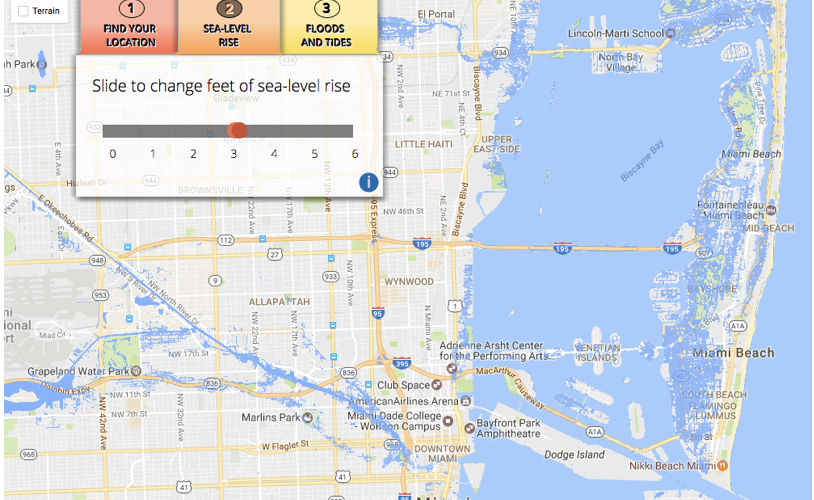Water Security and Infrastructure Research
Water quality is not only the most critical driver in ecosystem sustainability, but also a major limiting factor for human development due to its effects on water scarcity. The CREST Center for Aquatic Chemistry and Environment at FIU has taken on the challenge of improving water quality by using multiple approaches in creating new technologies, developing analytical methods, and implementing extensive environmental assessments.
On the global front, FIU's West Africa Water Supply, Sanitation Hygiene Program (WA-WASH) program is working to increase access to potable water and sanitation, and improve hygiene through the introduction of innovative and low-cost water and sanitation technologies. The Program has also developed practical models of sustainable WASH service delivery and increased the capacity of national and regional institutions to replicate these approaches and models throughout the region.
Priorities/Recommendations for Congress
- Encourage the Environmental Protection Agency, in coordination with several federal agencies to implement a research program and appoint an interagency lead to address the challenges facing the country's most vulnerable regions affected by water scarcity and the need to sustain both current populations and economic growth while preserving the environment.
- Direct the Department of Defense and U.S. African Command to develop a West African water security program that integrates the capabilities and resources of the unified combatant command with academic institutions, particularly those with existing engagements and strengths in the region.
Research Leads
Michael R. Heithaus, Ph.D.
Dean, College of Arts, Sciences & Education
As a leading scholar in marine ecology, specializing in the behavior and ecological roles of large predators—including sharks, Dr. Heithaus has spent 11 years at FIU. Dean of FIU’s College of Arts, Sciences & Education, Dr. Heithaus leads the largest and most diverse college at FIU.
Evelyn Gaiser, Ph.D.
Executive Director, School of Environment, Arts and Society
Dr. Evelyn Gaiser is well known nationally and internationally through her research in wetland and aquatic ecology, particularly her work on algal communities as indicators of environmental change. An author of over 70 publications and a recipient of millions of dollars in grant awards, Dr. Gaiser has actively built and led interdisciplinary research groups that integrate the natural and social sciences, and develop effective communications strategies, to ensure that solutions to environmental challenges are implemented.
Todd Crowl, Ph.D.
Director, Southeast Environmental Research Center
Dr. Todd Crowl is a professor in the Department of Biological Sciences at FIU, and a nationally renowned researcher in the fields of food web ecology, urban stream ecology and predator-prey interactions. As director of the Southeast Environmental Research Center, Dr. Crowl plans to expand the center’s research, education, and community engagement initiatives with sea-level rise at the top of its priority list.
